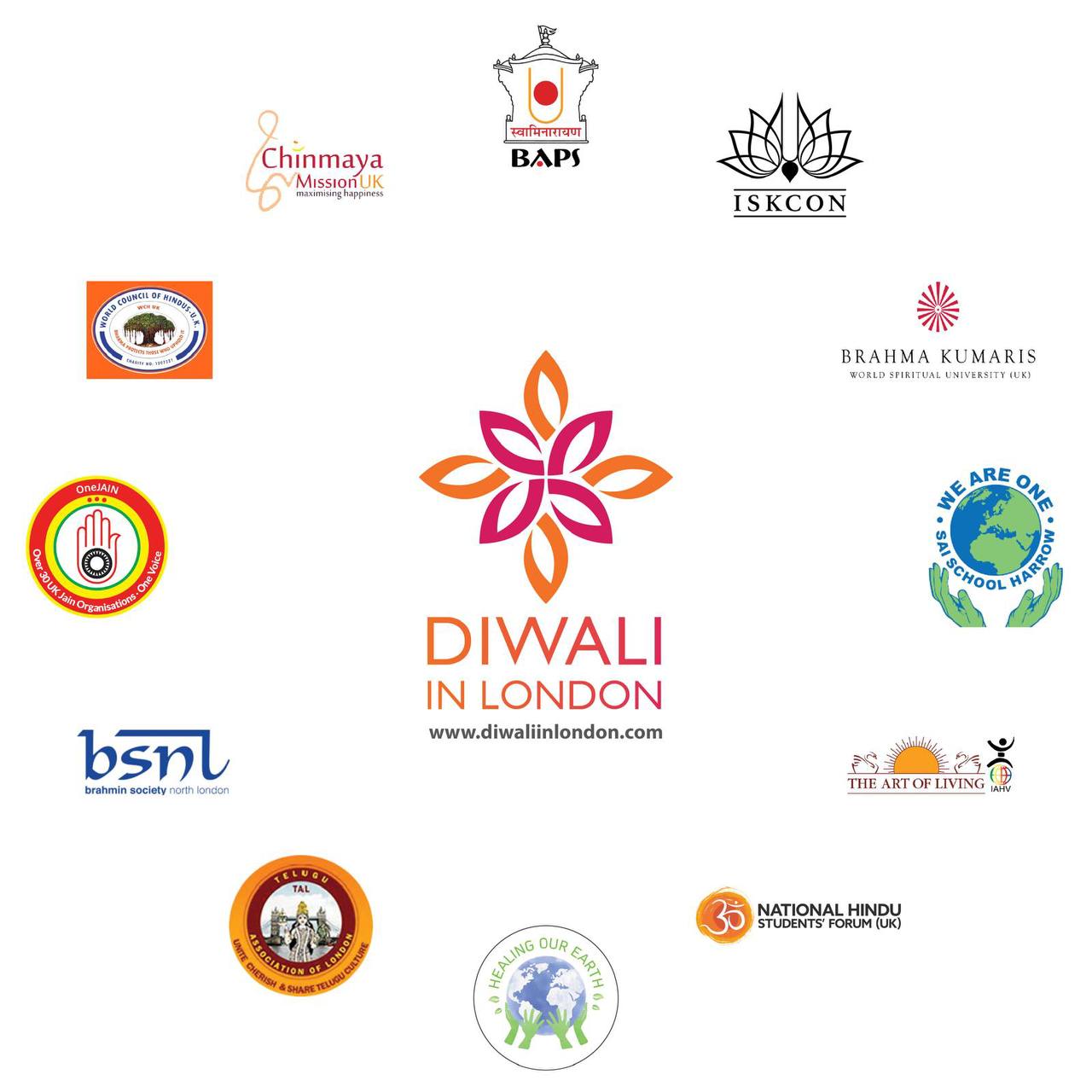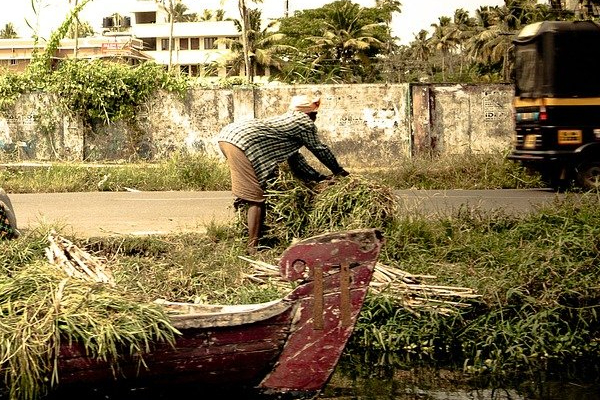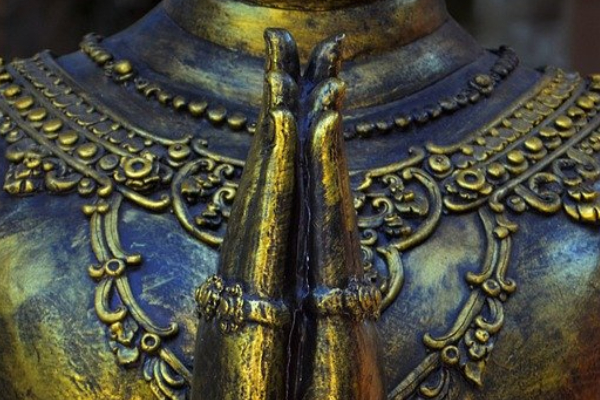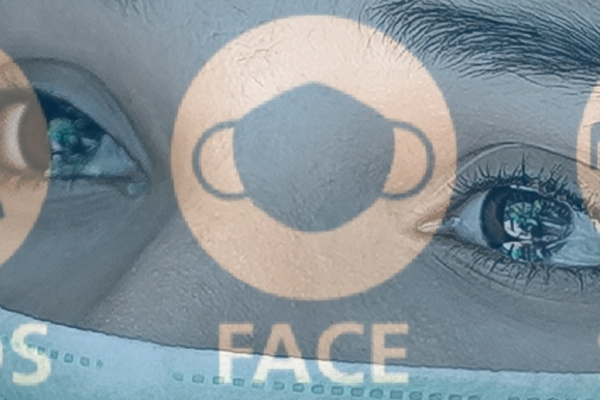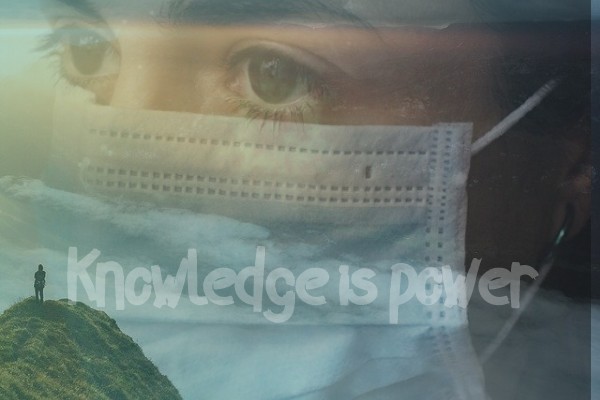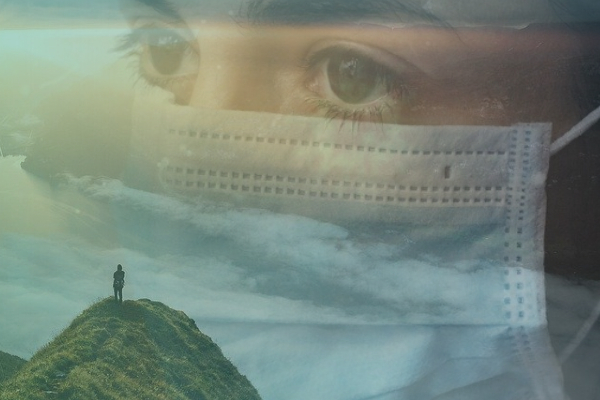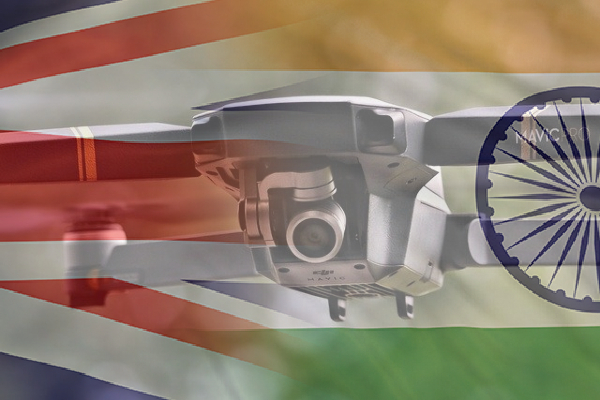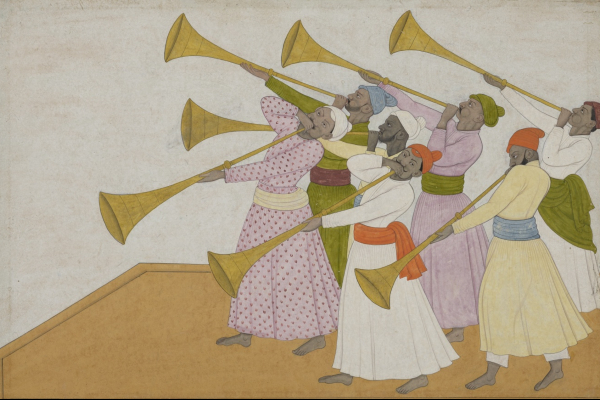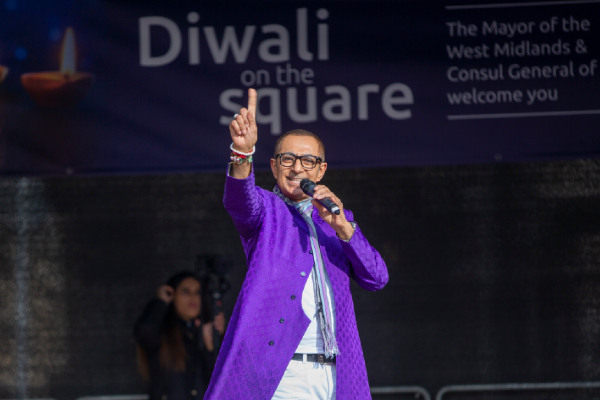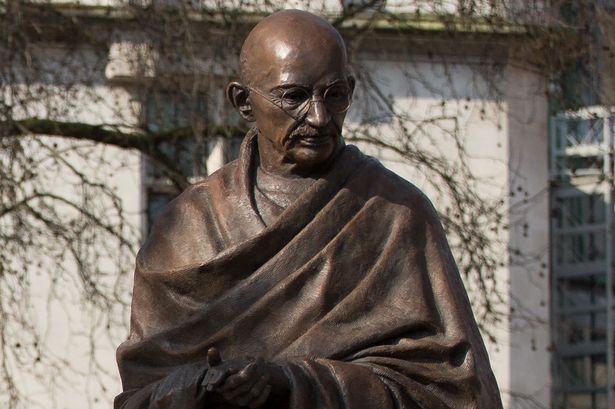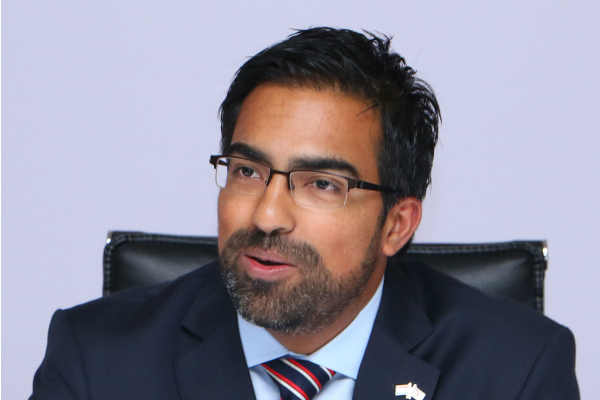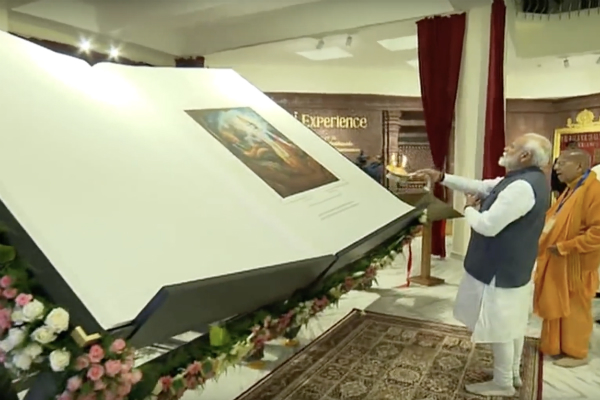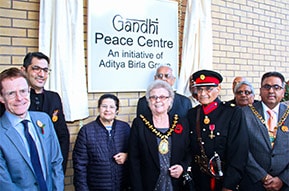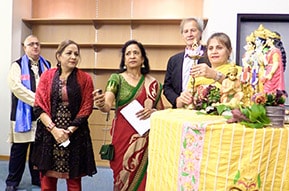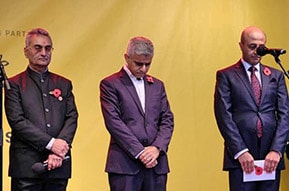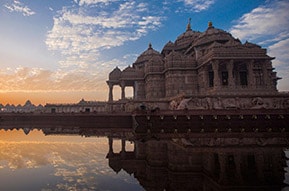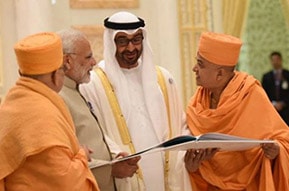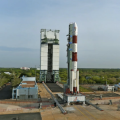The Human Spirit - Fighting the Floods
The monsoon rains in India have been truly living up to their reputation – intense and deadly. Kerala has seen nothing like it in a century. More than 400 people have died and a million people have been displaced. Our hearts go out to the victims and their families.
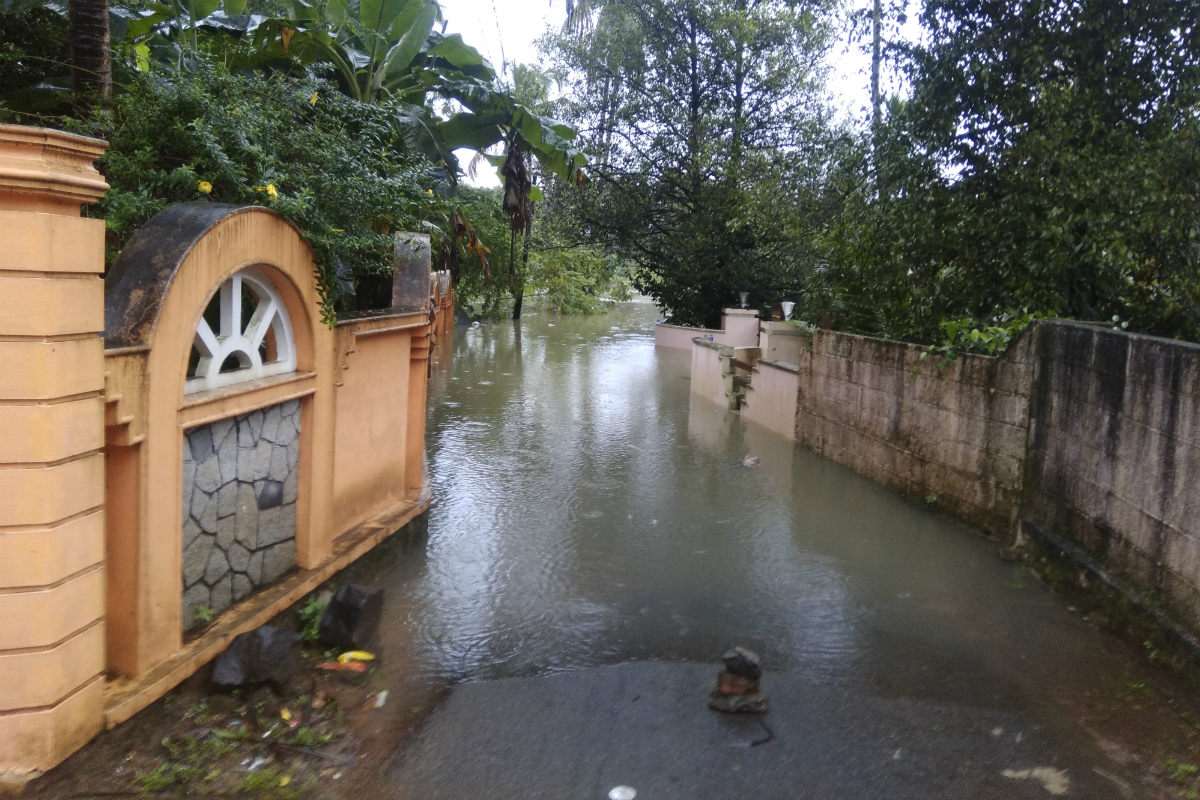
In reality it is nothing news. Humanity has been facing natures disasters for centuries. And as humans meddle with natures harmony, the more devastating the consequences.
In 2017 alone more than 1300 lost their lives in flooding in India, Bangladesh and Nepal. The figures are expected to much higher this year as the rains have hit in the states of Uttar Pradesh, West Bengal, Maharashtra, Gujarat Assam and Nagaland.
At a practical level, the might of the rivers and oceans is more powerful than any human defence. As a society we need to respect nature and not meddle with what already exists. This is highly unlikely as de-foresting is occurring at a tremendous rate. Climate change is the buzz word but governments are far too slow to react. Poor building infrastructures together with weather preventative technology is not always accurate and sadly on many occasions, the communities themselves ignore the warning signs.
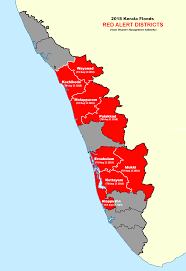
The recent floods are from the sudden downpours which are so heavy that the infrastructure cannot cope with the sheer amount of water as the water does not have a chance to drain away. And in urban areas, especially in poorly planned areas, the sewers overflow and the streets spurt out the water, lugging anything in its way. At a much smaller level, we have seen this in the UK as well where there is a much better buildings infrastructure in place
In Kerala, the rains are part of the annual monsoon and nothing should be unexpected. Local officials have been blamed for not opening the dams earlier to reduce the water level. The Water Commission has been criticised for the poor communications regarding the weather patterns.
With India continuing its smart tech reputation, more can be done to improve the weather forecasts and flood warnings. Only recently has the tech giant Google announced to work with the Indian government in providing its expertise in digital mapping to improve forecasts.
Reported in the UK’s Telegraph, harnessing Google's knowledge of 3D mapping of the earth's surface and artificial intelligence methods to analyse river and rain readings, Indian officials believe they can deliver forecasts three days in advance. Forecasts would predict the extent and depth of any flooding and be used to model which communities might be in danger. Alerts and warnings could then be shared on Google platforms with those in the danger zone.
The use of such technology will be wonderful and let us hope it will bring results soon so that we can avoid future tragedies. Meanwhile, one cannot forget the resolve the local people who come together during such events and show what we as a society can do when we are one. Communities working together and looking after each other.
On a side note, whereas in the past the country was dependent on outside help, it is astonishing that within a few years India’s own rescue operations have improved and no longer are dependent on external help.
Internationally too, including many community groups in the UK have been fund raising for the Kerala victims. Let us hope that all the money gets to where it is needed most and in time with minimal delays.
As the world continues to face extreme climate changes, let us hope the human spirit does not diminish, but at the same time we respect nature and not abuse its generosity.

